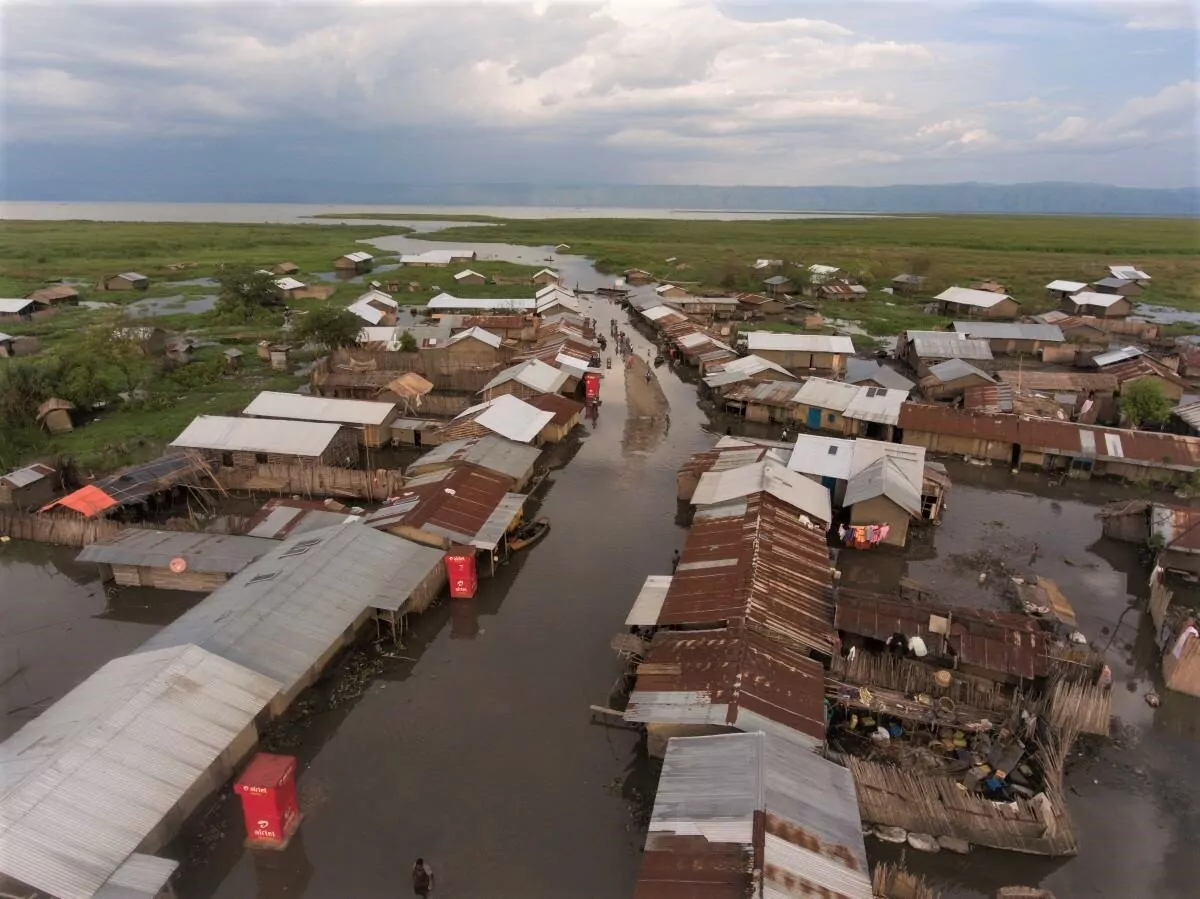As we lurch from one international crisis to another, most recently from COVID-19 to rising fuel prices to the invasion of Ukraine, climate change is pushed down the priority list. But roughly every 6 years thousands of scientists and experts compile the most up-to-date data on the greatest threat humanity faces in the 21st century. This week, the IPCC released the findings from the second working group of its sixth such report.
It focuses on how climate change is already impacting us and our planet, our ability to adapt to a changing climate and the hazards that lie ahead. The findings are stark. We need to act urgently. As UN Secretary-General António Guterres commented, “Every fraction of a degree matters. Every voice can make a difference. Every second counts”.
IPCC report findings
Developed countries urgently need to step up support for vulnerable countries to manage the impacts of climate change through investment in adaptation and resilience.
The IPCC report concludes that climate change impacts are already hitting harder and sooner than expected. Climate change is not a distant threat for the future. From floods in Germany to desertification in Madagascar, it is a universal challenge. But the most vulnerable communities bear the biggest consequences, while contributing least to the problem.
Developed countries must mobilise financial firepower to help vulnerable countries cope with climate change. Chronic underfunding to date shows how climate change impacts have been ignored. Adaptation finance is still only 20% of overall climate finance and does not flow to where it is needed. Least Developed Countries (LDCs) have received 14% of these flows over the last years, with Small Island Developing States (SIDS) hovering around 2%. But even for the LDCs this is cumulatively only 3% of the adaptation need set out at the time of the Paris Agreement.
More of that finance needs to come in the form of grants over loans. The UN assesses that the use of loans to help countries adapt to the impacts of climate change is creating a fiscal crisis for LDCs and SIDS – who in turn need additional finance to rebuild from climate disasters. Unsustainable debt burdens are not the way forward.
Developed countries need to step up support to address loss and damage from climate change.
The IPCC report finds that, at 1.2 degrees of warming, human-induced climate change has already “has caused widespread adverse impacts and related losses and damages to nature and people, beyond natural climate variability”. Climate-related disasters have killed more than 410,000 people over the last decade, with a further 1.7 billion people affected. The majority have been in low and middle-income countries. This loss of life, livelihoods and ecosystems will escalate with every fraction of an increase in temperature.
The G7 and major donors must come to this year’s COP in Egypt with concrete proposals for mobilising significant finance for loss and damage. This should be based on the science, the universal risk that climate change poses, and a common definition between vulnerable and developed countries on what loss and damage is.
Last minute attempts by the US to remove language on loss and damage from the IPCC report policy summary show just how contentious the issue remains. But the science is clear. Loss and damage is already occurring, and the risk will significantly increase with warming over 1.5 degrees. We must now be aware of climate impacts and find a common way forward.
Governments need to consider the full range of scenarios and economic, financial, political and security risks in their risk management.
The latest science finds that our climate is more sensitive to temperature change than we previously thought. Without a dramatic reduction in emissions in the next decade, we risk passing climate tipping points which will lock in ecological harm and accelerate climate change exponentially. Mitigation and adaptation action is insufficient even for mid-range or optimistic scenarios. Governments are failing to build in more extreme impacts and tail risks into their assessments and planning, making us grossly unprepared not just for physical impacts, but interconnected cascading effects. To effectively manage these risks, the full range of scenarios and risks must be considered.
Putting the concerns of those most impacted centre stage.
The Glasgow COP raised the profile of adaptation and loss and damage. These issues will take centre stage at this year’s COP in Egypt and are priorities for country groups such as the African Group and the Alliance of Small Island States (AOSIS). In a Joint Statement, the UK and Egypt COP presidencies and UNFCCC Executive Secretary have reiterated that the implementation of the Global Goal on adaptation and support to loss and damage are urgent. These asks are not new, but the latest IPCC report shows that we have been too slow to act. Unlocking more finance for adaptation and concrete proposals for loss and damage and debt relief will be key for trust between parties. Without progress in these areas, leading countries in the Global North risk undermining their international credibility and the UNFCCC process.
The risk of ignoring the IPCC report for humanity is enormous. As the report states, “Climate change is a threat to human well-being and planetary health. Any further delay in concerted anticipatory global action on adaptation and mitigation will miss a brief and rapidly closing window of opportunity to secure a liveable and sustainable future for all.”


